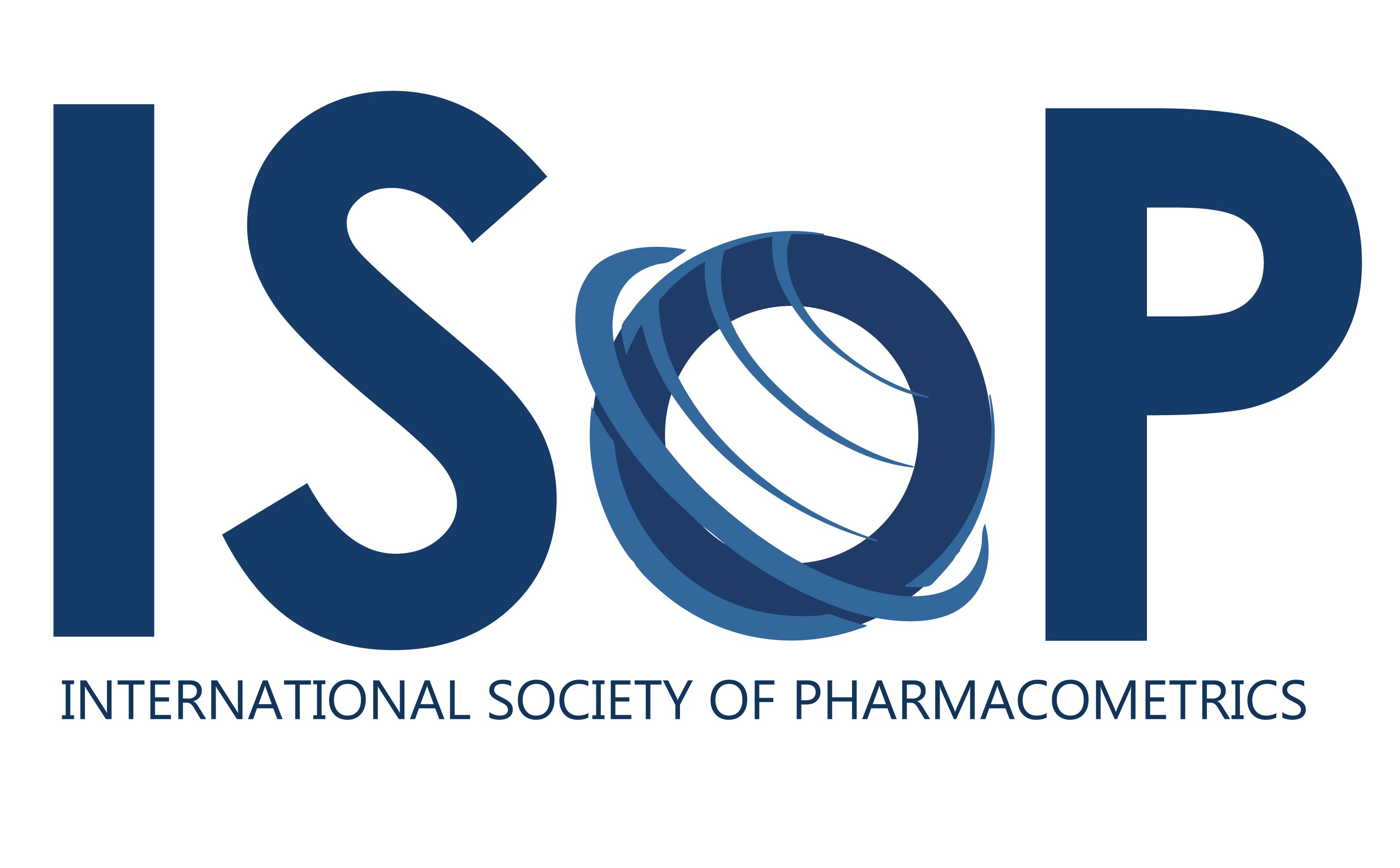
Maximizing on Minimal Data using Pharmacometric Modeling to Estimate the Probability of Technical Success
Recorded On: 03/06/2024
-
You must log in to register
- Member - Free!
Dermatomyositis is a rare disease with manifestations in skin and muscle tissues and is considered a type I interferonopathy largely driven by interferon β (IFNβ). While there are several clinical scores used in dermatomyositis, Total Improvement Score (TIS), which is a holistic measure of skin, muscle and functional endpoints, is preferred by regulators for primary endpoints. In a Phase 2 study of an investigational IFNβ monoclonal antibody, dazukibart, sufficient data were collected in skin-predominant patients with skin-relevant outcomes, but there was only a small arm of muscle-predominant patients and only in this arm was TIS measured. TIS was planned to be used as the primary endpoint in Phase 3, but using the small observed sample for average power-based prediction of technical success was severely limited. In this presentation, we will discuss how exposure-response modeling was essential to overcome some of the data issues and to arrive at a probability of technical success supportive of further development.
John Prybylski
Pharmacometrics and Systems Pharmacology
Pfizer
John Prybylski is an Associate Director in the Pharmacometrics and Systems Pharmacology department at Pfizer. Before joining Pfizer in 2020, John completed his PhD in Pharmaceutical Sciences from the University of North Carolina Chapel Hill as well as a PharmD from the University of Florida. He works primarily in the Inflammation and Immunology therapeutic area supporting both small and large molecules at various clinical stages of development. His interests are in methodology, including automation/facilitation and complex indirect modeling.
Min Zhang
Statistics
Pfizer
Min Zhang is a Director in Statistics at Pfizer and joined the company in 2001. She has worked in phase I-IV clinical studies in the therapeutic areas of cardiovascular disease, oncology, ophthalmology and virology, and currently works on late-stage clinical programs in Inflammation and Immunology. Min has MS in Statistics from Temple University and PhD in Health Related Science (specialty track in Gerontology) from Virginia Commonwealth University.
